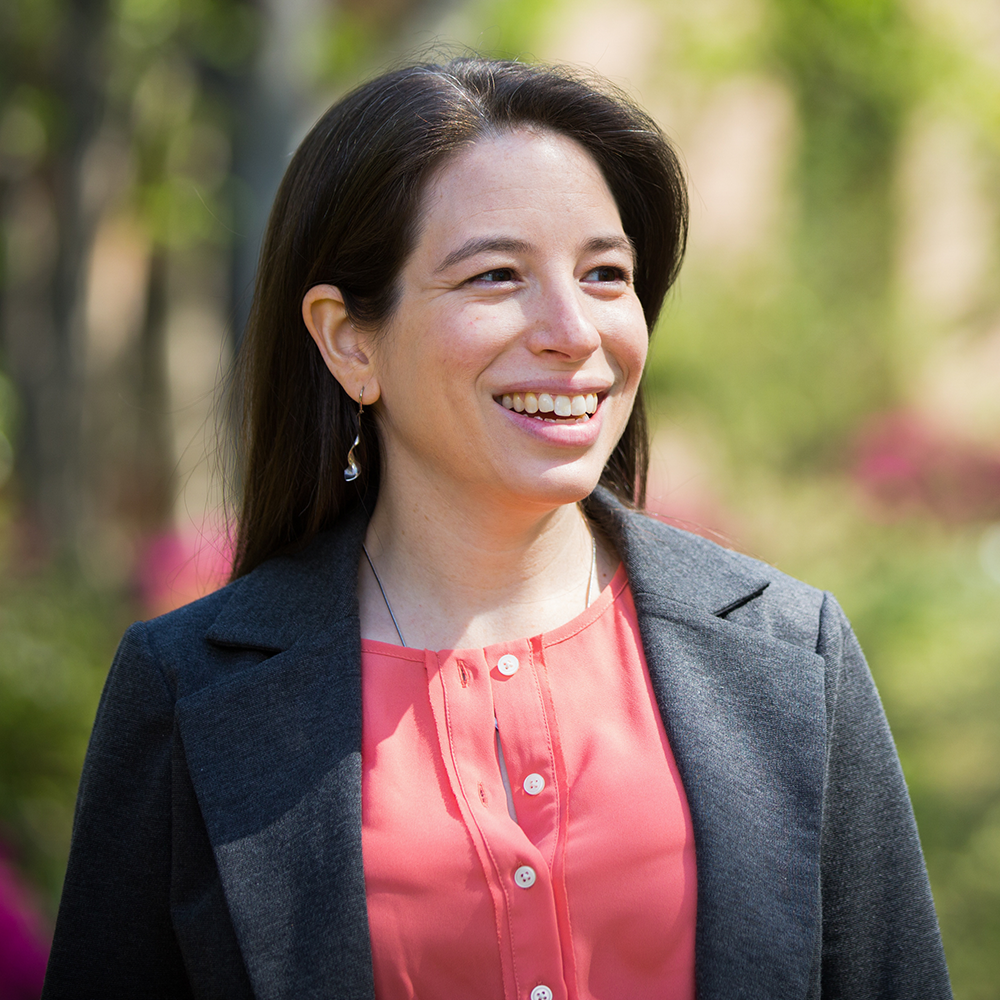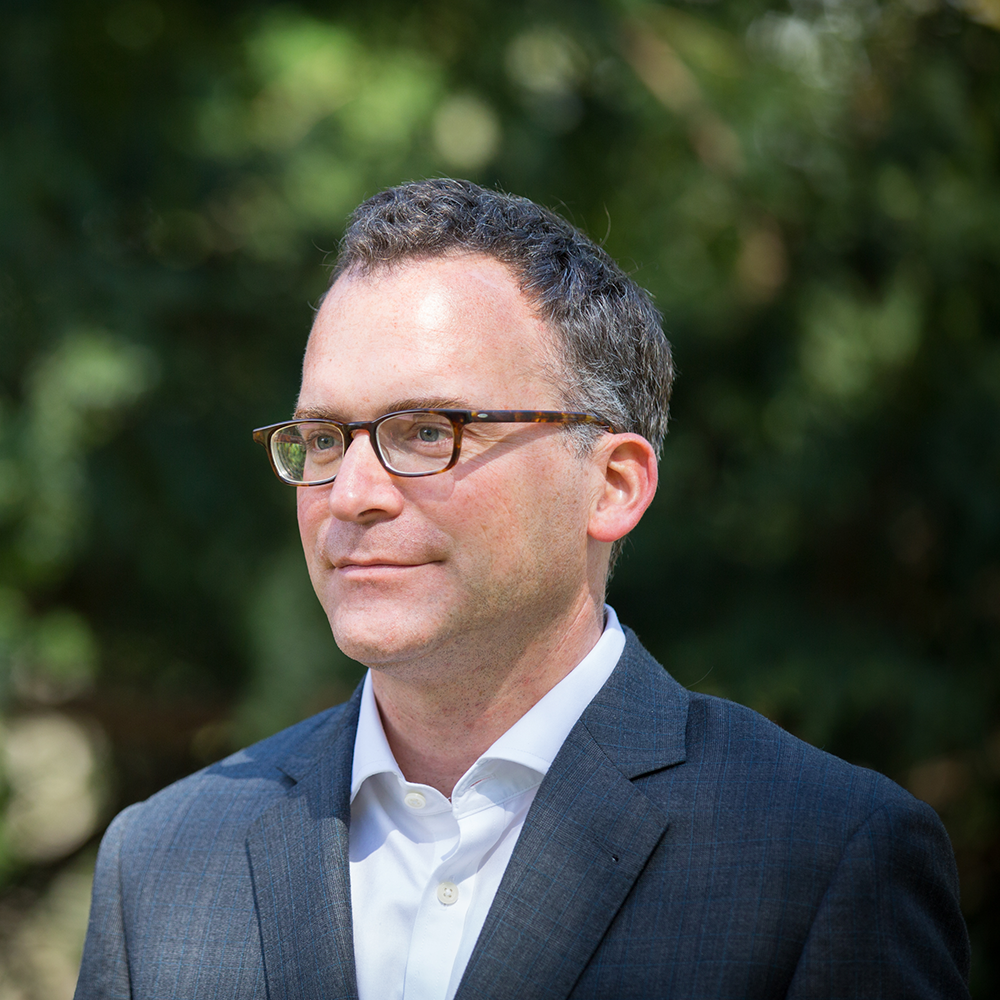Research from two distinguished research fellows at the Annenberg Public Policy Center shows that Americans’ acceptance or rejection of evolution depends on how well they understand it, in addition to its connection with their politics, religion, or both. A key part of the survey created by the researchers was the creation of nuanced and carefully worded questions to distinguish what participants believe from what they know about a topic.

Co-authors Deena Weisberg and Michael Weisberg, APPC distinguished research fellows, were joined on the paper by co-author Asheley R. Landrum, a former APPC postdoctoral fellow and an assistant professor of science communication at Texas Tech University. Pilot data collected for the analysis came from a phone survey conducted by APPC.

“We find the traditional relationship between your religious beliefs and evolution, and between your political beliefs and evolution, but we also find that those are not the only factors that matter,” Deena Weisberg, a senior fellow in the University of Pennsylvania’s psychology department in the School of Arts and Sciences, told Penn News. “They do matter, but if you know more about evolutionary theory, if you understand it better, you’re more likely to accept it.”
Michael Weisberg, professor and chair of Penn’s philosophy department, noted: “For controversial topics — evolution, climate change, vaccines — no doubt the controversy is explained in relation to a person’s identity. But actual knowledge of the science seems to play a role, and we’ve documented that here for evolution for the first time in a representative population.”
The paper, “No Missing Link: Knowledge Predicts Acceptance of Evolution in the United States,” was published in the journal BioScience, the journal of the American Institute of Biology.
Read the full post from Penn News here for more information.



